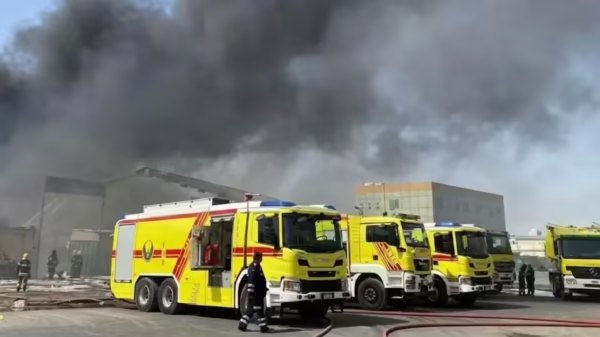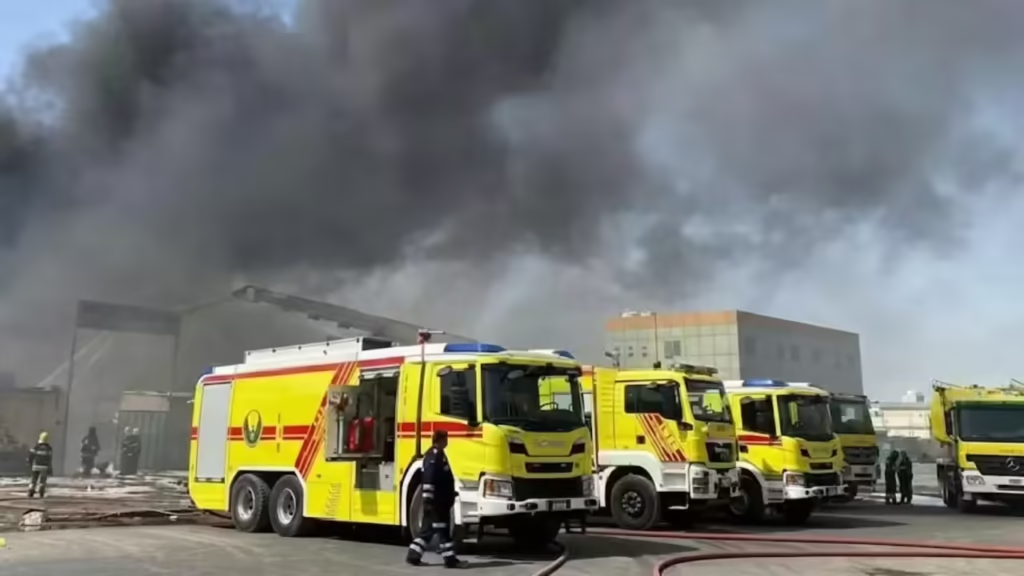In recent weeks, the city of Chicago has become the center of an intense federal immigration enforcement campaign. Agents from the U.S. Immigration and Customs Enforcement (ICE) and other federal agencies executed high-profile raids in neighbourhoods such as Little Village and Cicero, prompting alarm among residents and legal advocates. What is playing out locally mirrors a broader transformation: the shift from case-by-case assessment to a one-size-fits-all removal strategy.
The End of Case-By-Case Discretion
Historically, ICE agents exercised considerable latitude when deciding who to arrest and detain—taking into account factors such as serious illness, family ties, or long-term residence. But under the current direction, that flexibility has effectively vanished. Local immigration lawyers say agents are now sweeping broadly, without regard for individual circumstances. A supervising attorney described the change bluntly: “That discretion has totally evaporated.”
This fundamental change originates from policy moves beginning when the Donald Trump administration reversed earlier guidance that required consideration of all “facts and circumstances.” Instead, the focus is now on making removals happen swiftly and at scale.
Judicial Powers Diminished, Fast-Track Removal Expanded
The transformation isn’t limited to frontline agents. It extends into the courtroom. Shortly before the Chicago operation began, a federal appellate body held that immigration judges no longer had authority to grant bond to non-citizens who entered without authorization. At the same time, federal lawyers are increasingly seeking to dismiss hearings altogether so the government can rely on expedited removal—an accelerated process with virtually no review.
Together, these shifts mark a profound recalibration of the immigration system: fewer opportunities for defence, less oversight, and a reduced role for judges and case-by-case determinations.
Communities Under Strain
For neighbourhoods in and around Chicago, the operational tactics have been both dramatic and disruptive. Helicopter rappellings, pepper-balls fired at protesters, and reported detentions of U.S. citizens have all occurred. The legal-aid hotlines in the area have seen dramatic spikes in calls from frightened families, many of whose loved ones have been transferred hundreds of miles away from counsel and supporters.
In one case, a father of a child battling a rare cancer—who under prior policy would have likely been considered a low priority—was arrested from a store parking lot and placed in detention far from home. Long-time residents with minor traffic offences are now finding themselves subject to the same removal-first paradigm.






















































